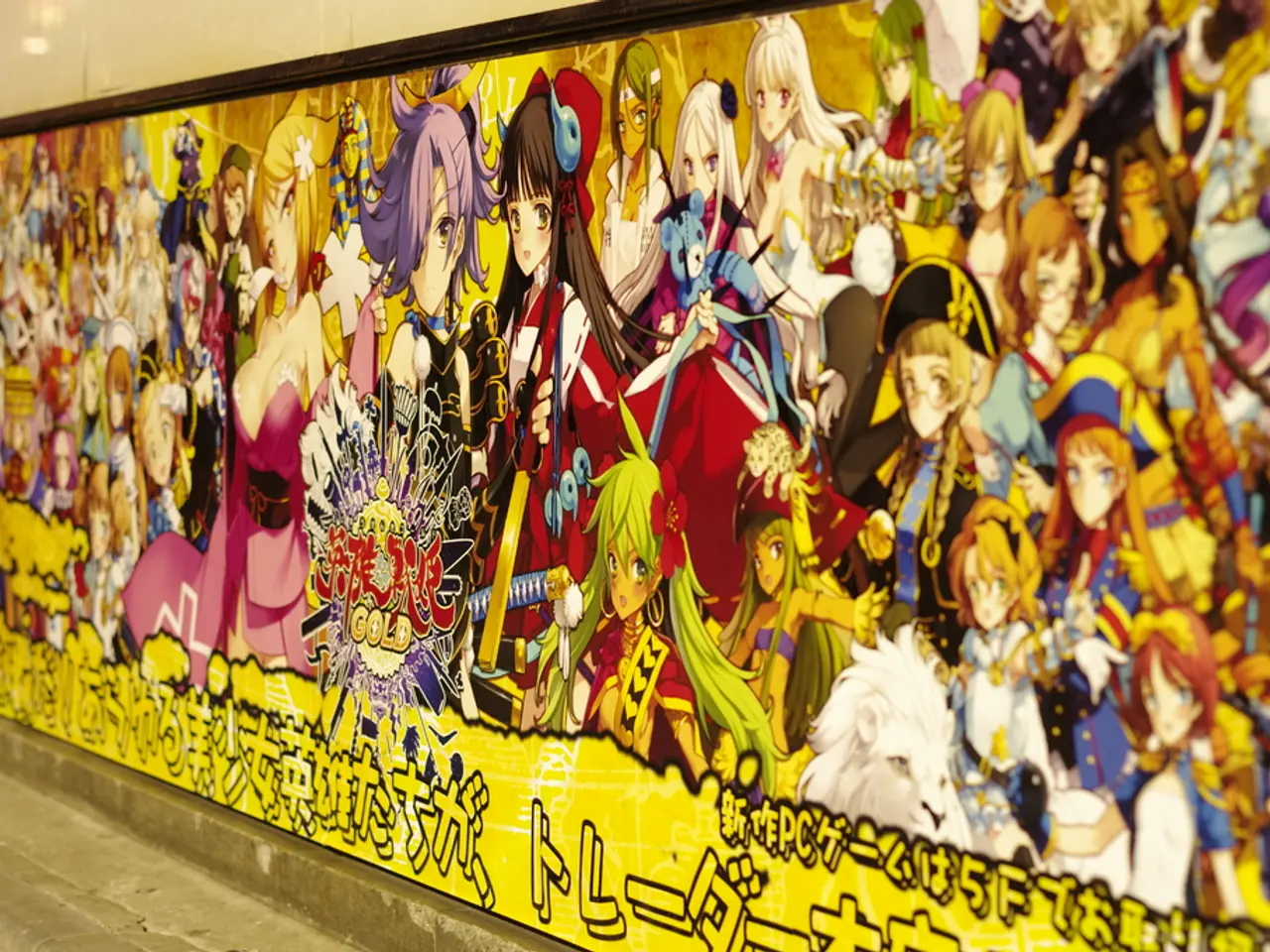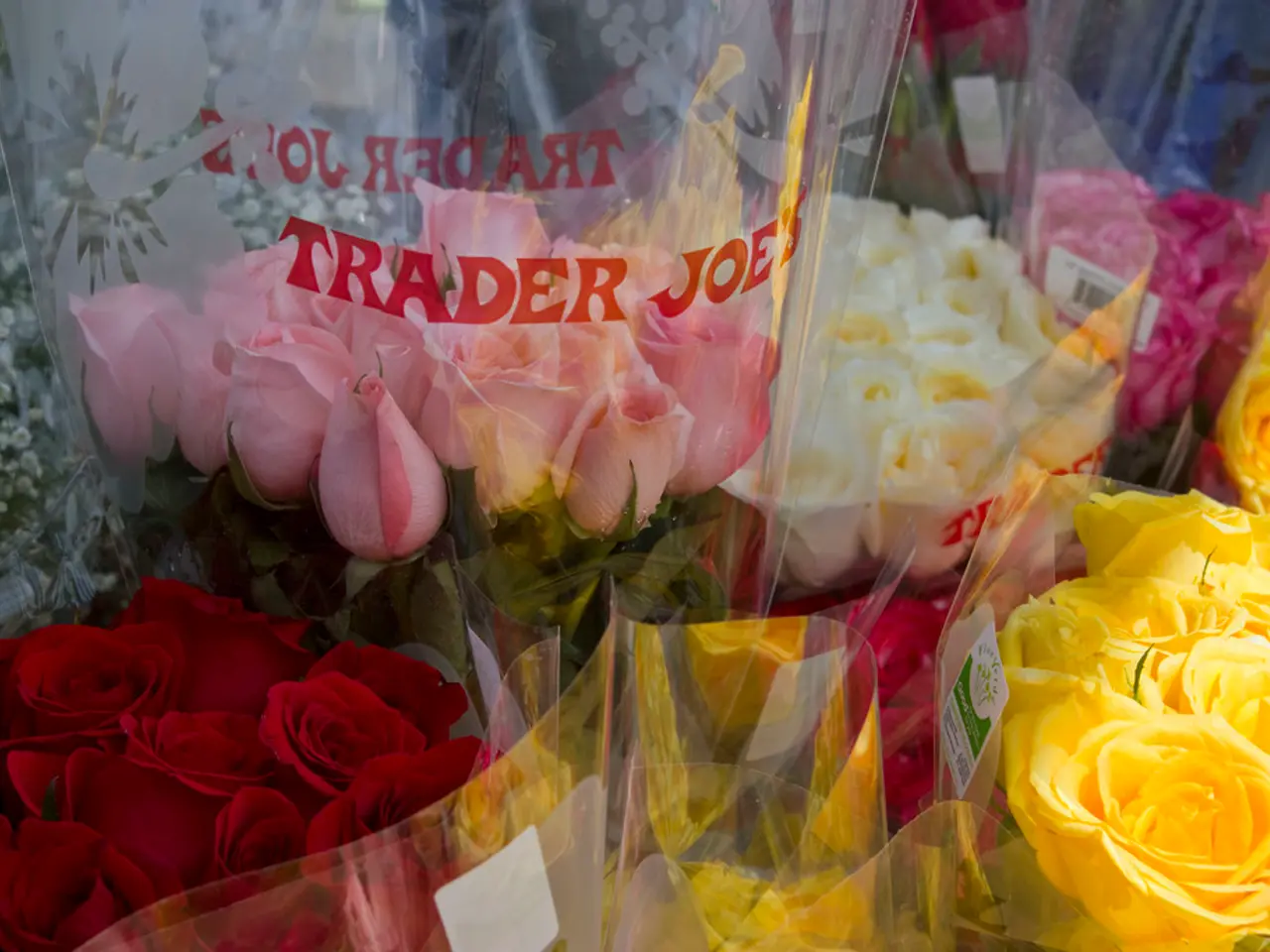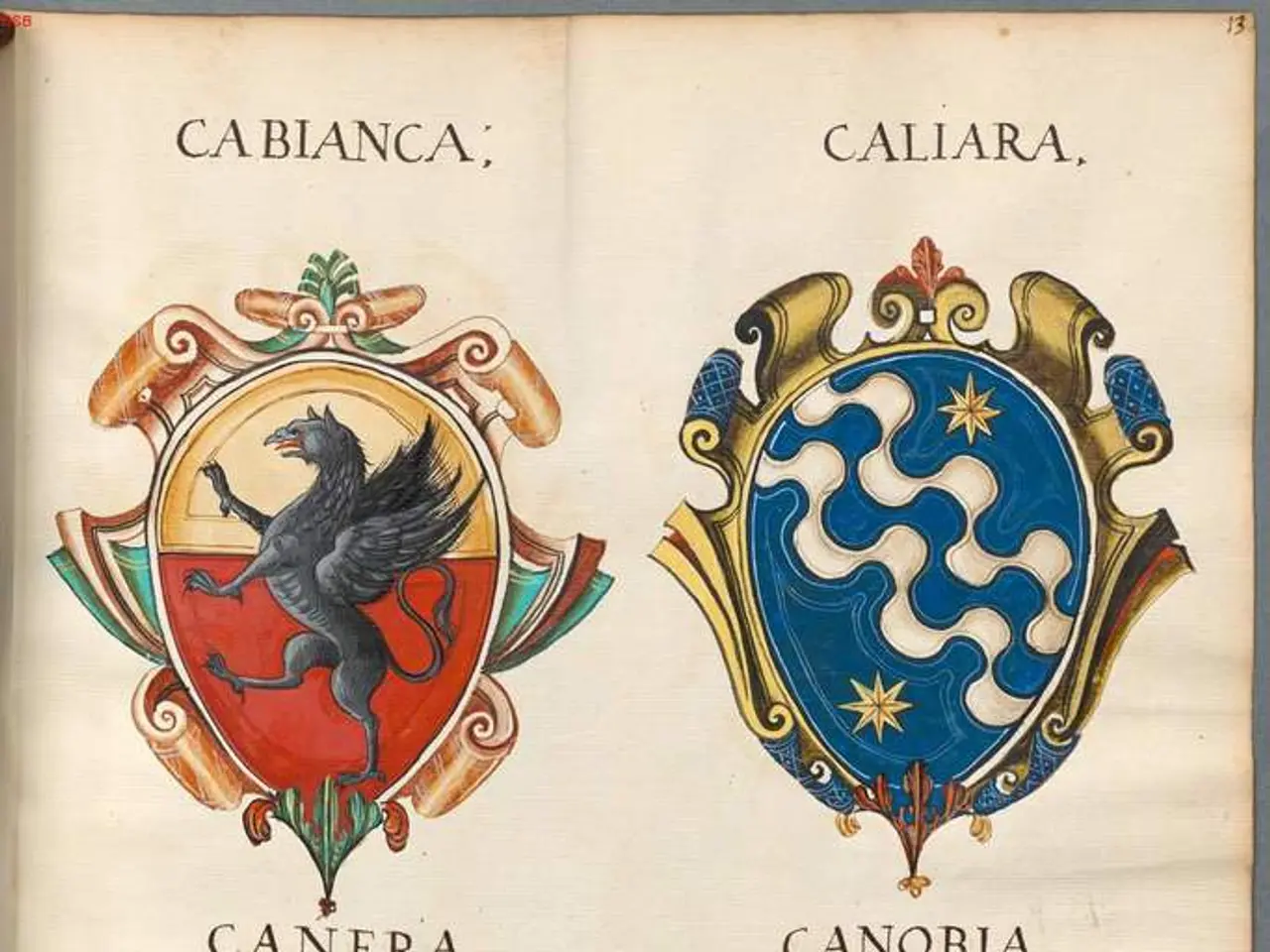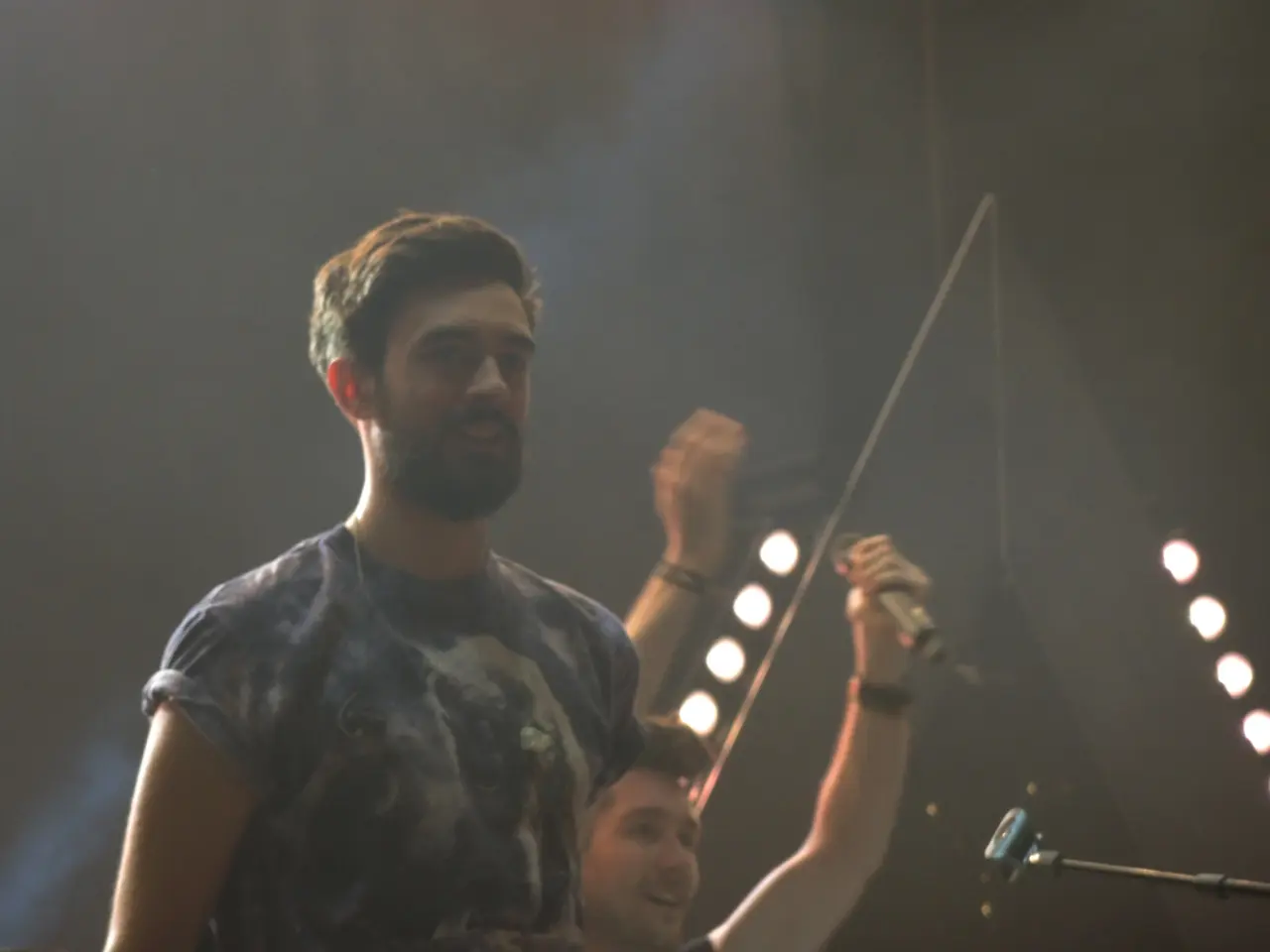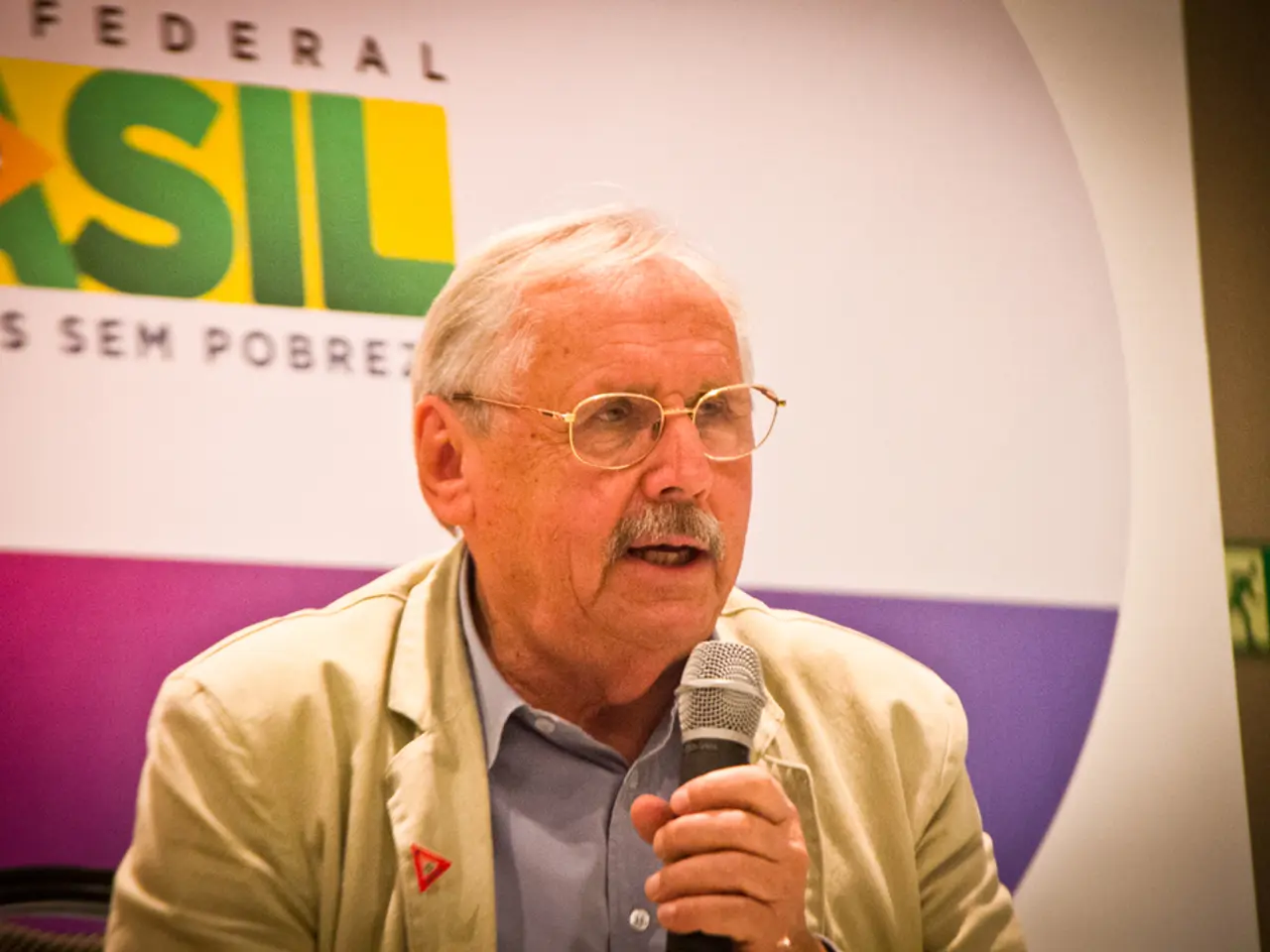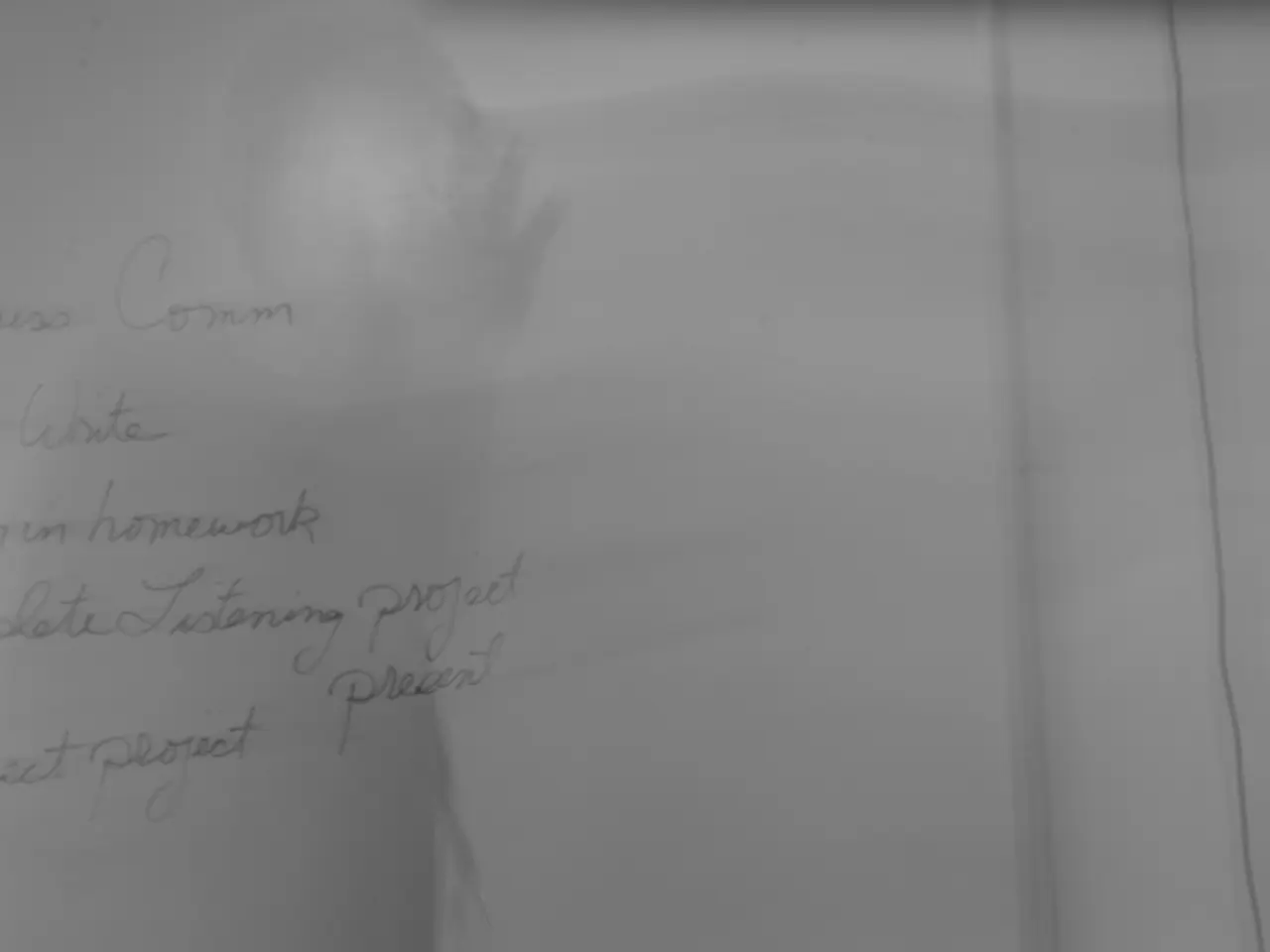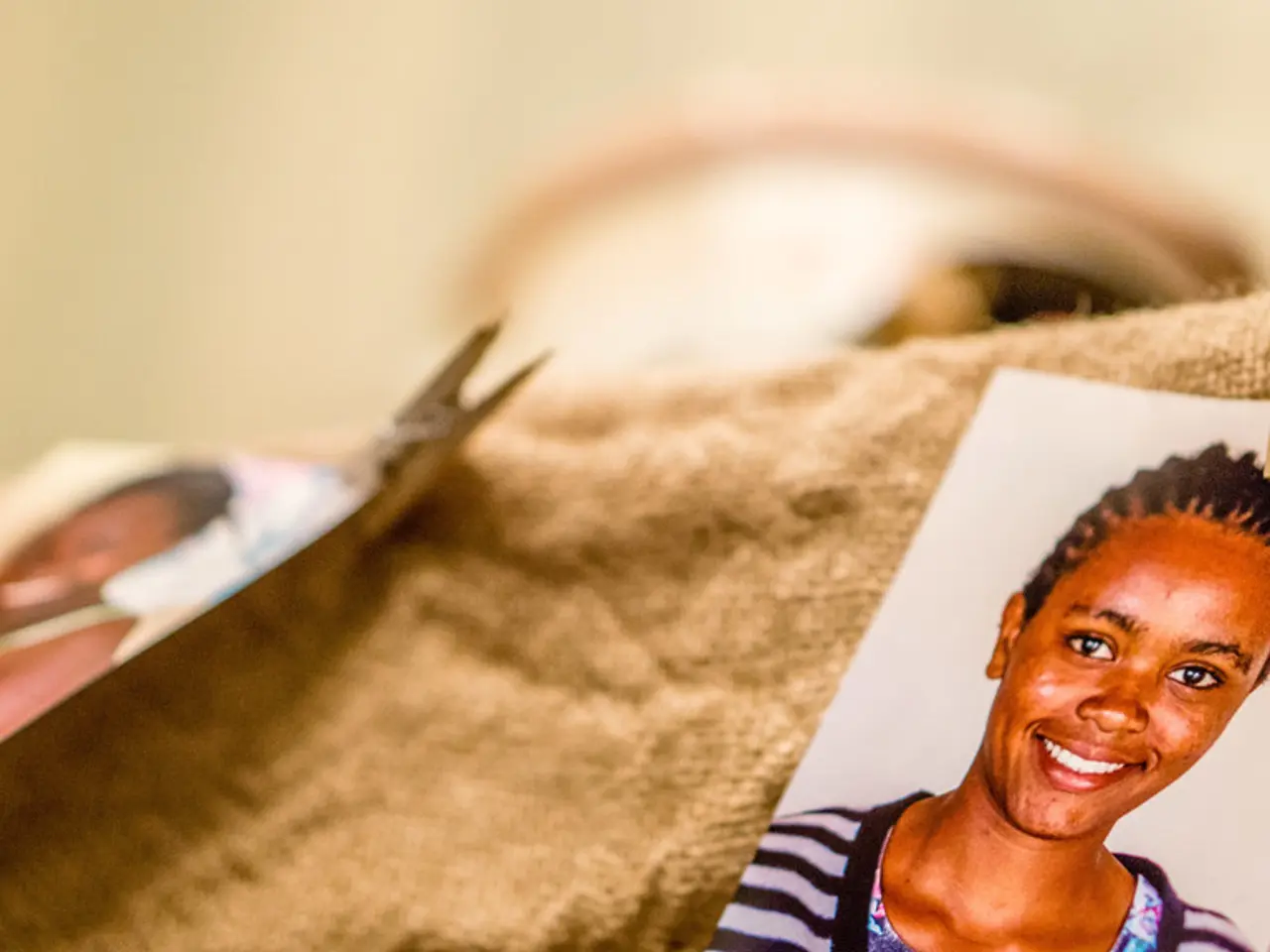Ghibli-Related Discord: A Matter of Contention
In the ever-evolving world of technology, the use of Artificial Intelligence (AI) in creating art has become a contentious issue. This is particularly true in the case of AI art imitating the distinctive style of the iconic Japanese animation studio, Studio Ghibli.
While OpenAI's image generation tool can quickly create images in the Ghibli-style, the use of Studio Ghibli's art for AI training exists in a legal and ethical gray area. No explicit permission from Studio Ghibli has been publicly confirmed, and the practice could potentially infringe on copyright protections, raising both legal and ethical concerns.
Legally, the styles of iconic studios like Studio Ghibli are protected by copyright law. Generating AI art imitating these styles may count as infringement, even if unintentionally. Courts have recently ruled that training AI with copyrighted material can be considered fair use in some contexts, but this is nuanced and depends on the nature of data acquisition and direct competition with the copyright holders. Some studios, like DreamWorks, explicitly forbid using their work to train AI, signaling a trend toward tightening controls over AI training data without permission.
Ethically, using Studio Ghibli's distinctive artistic style without consent raises questions about respect for creative ownership and the rights of original artists and studios. The widespread generation of AI art in Studio Ghibli style has provoked debate about the impact of AI on traditional artists, reflecting broader concerns about AI’s role in creativity and intellectual property. Besides copyright, the environmental impact of training large AI models also contributes to the ethical debate surrounding AI-generated art.
OpenAI's refusal to give royalties to Studio Ghibli for using their art in AI models further fuels the ethical debate. Many artists argue that the usage of AI to create Ghibli-esque images takes away the creative process and the soul of art. However, AI companies argue that their models create new and unique images that only resemble prior art, and thus do not infringe copyrights.
If Studio Ghibli decides to file a case against OpenAI, they have grounds to do so if the usage of their art was without consent. This is exemplified by the New York Times' lawsuit against OpenAI and Microsoft in 2023 for copyright infringement due to the use of their articles to train language models.
Despite the legal and ethical uncertainties, OpenAI has added a function that refuses to generate images in the style of a living artist when requested, but allows for broader studio styles. It's worth noting that the animation in Studio Ghibli movies is hand-drawn and painted with watercolor, a testament to the human element that AI cannot emulate.
Studio Ghibli movies are overwhelmingly popular in the West, and the potential job losses among artists, graphic designers, and animators due to AI art is a cause for concern. As the industry evolves, creators and companies must carefully consider permissions and fair use boundaries, and the industry may see more legal restrictions like those imposed by DreamWorks in the near future.
[1] https://www.wired.com/story/ai-art-studio-ghibli-copyright/ [2] https://www.theverge.com/2021/1/28/22256404/dreamworks-ai-art-training-data-restriction [3] https://www.npr.org/2021/01/26/962518840/ai-artists-and-the-ethics-of-creating-with-computers [4] https://www.techdirt.com/articles/20210128/18020243039/ai-art-studio-ghibli-and-copyright-law-are-entangled.shtml [5] https://www.artnews.com/art-news/news/studio-ghibli-ai-art-copyright-1234738209/
- The ethical debate surrounding AI-generated Studio Ghibli-style art raises questions about respect for creative ownership and the rights of original artists.
- The New York Times sued OpenAI and Microsoft in 2023 for copyright infringement due to the use of their articles to train language models, exemplifying the potential legal consequences of using art without consent.
- As the animation in Studio Ghibli movies is hand-drawn and painted with watercolor, a testament to the human element that AI cannot emulate, the potential job losses among artists, graphic designers, and animators due to AI art is a cause for concern in the evolving art industry.
